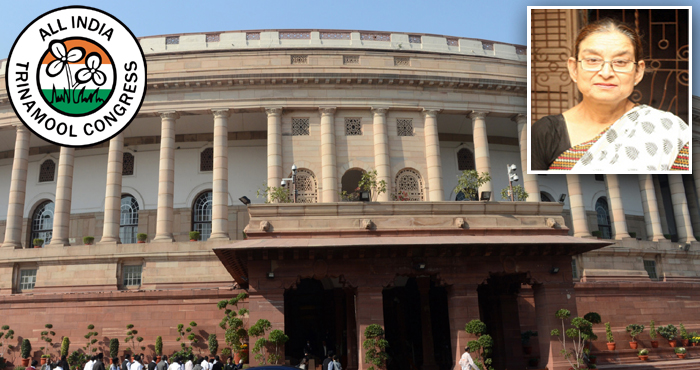FULL TRANSCRIPT
Thank you, Sir, for allowing me to speak. This Amendment Bill is basically dealing with the increase in the duration of punishment according to the age of the victim, and this would act as a deterrent. There is also provision in the Amendment for reducing the period for preparing the evidences and for getting the victim’s point of view from three months to two months, and for the accused to be put on trial within six months.
My point is this criteria of age. Rape is rape whether it affects a two-year-old girl or a 100-year-old lady. Yes, I’m supporting the view that the former is a more heinous crime. Another point is that in the Amendment, it is written as above 16 or above 12 but the punishment will be extended throughout his life. On this point, since nowadays prisons are called correctional homes, and a rapist also suffers from a psychological disease, why can’t we put them to trial in a psychiatric or psycho-analytical home, and according to the findings, extend their sentence?
The other important point is about death penalty. When all over the world there are two schools of thought towards the imposition of death penalty, why are we going back to the primitive death penalty? We are not thinking about rehabilitation.
Gang-rape is a purposefully done act and it has been seen that it is usually committed by people from poor socio-economic background, and in some cases, there is an angle of revenge involved, as seen in many gang-rapes of Dalits. So we also have to look into this.
I also support the Member who has spoken about women police being asked to investigate cases of rape. As a gynaecologist, I know that it can sometimes be difficult to prove a rape, and hence more the need for female police personnel.
Thank you, Sir.
Amendment moved to The Criminal Law (Amendment) Bill, 2018
Sir, one point. Evidence may be lost in the process of giving treatment to a rape victim. Hence, it should be that kits should be made available to hospitals to enable the collection of body fluids with swab, after which the treatment may start.

